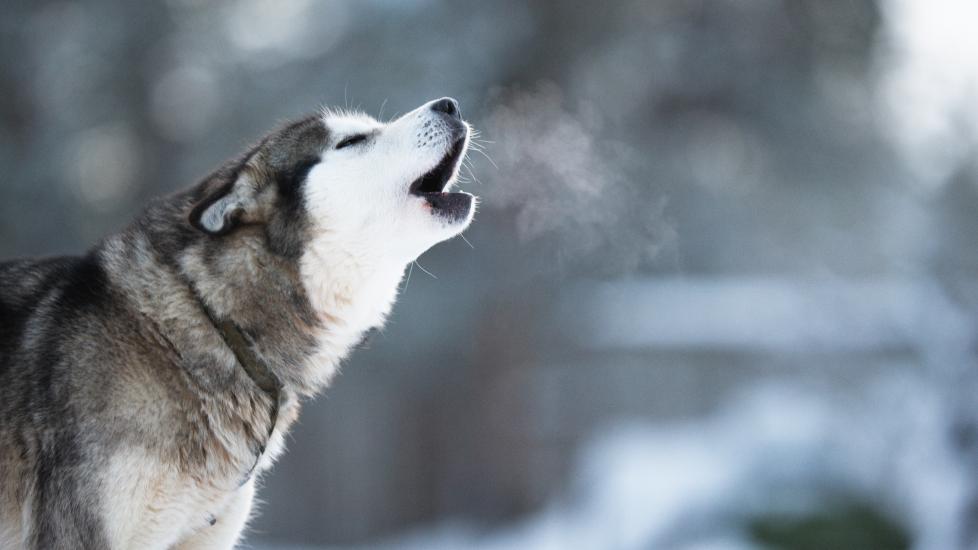Dogs, with their keen sense of hearing and instinctual behaviors, often display a peculiar trait that can leave us scratching our heads or laughing at their antics. One such behavior is howling in response to sirens—a phenomenon so commonplace yet intriguing that it begs the question: why do dogs howl at sirens? This article delves into the reasons behind this curious habit, exploring both evolutionary instincts and domestication’s impact on pet dog behavior.
At its core, a dog’s howl is an ancient form of communication rooted in survival. In the wild, wolves use howls as a way to locate pack members, signal territory boundaries, or even intimidate rivals. Pet dogs, despite being domesticated for thousands of years, still carry remnants of these ancestral instincts within them. When they hear a siren wailing through the air, some dogs interpret this sound as akin to a wolf’s distant howl, triggering an instinctive response within themselves. They may join in with their own howl, either out of curiosity or perhaps attempting to connect with other pack members (even if those “pack members” are just fellow pets across town).
Another theory suggests that dogs perceive high-pitched noises like sirens as attention-grabbing stimuli. By howling along, they might be seeking recognition from their human companions or simply trying to make sense of a sudden change in the auditory landscape around them. It could also be seen as a form of social bonding, where a shared reaction to a stimulus strengthens the bond between humans and their canine friends.
Domestication has not only preserved many of a dog’s natural tendencies but also introduced new elements to their behavior. The presence of humans in a dog’s life means that certain actions, which were once purely instinctual, now have learned components attached to them. For example, when a dog hears a siren while in the company of its owner, it may associate the noise with excitement or movement, since emergency vehicles often herald events that require action or intervention. As a result, the dog learns to anticipate changes in routine and becomes more active during these moments, sometimes manifesting as vocalization.
It’s important to note that not all dogs will howl at sirens; each animal has its unique personality and history, influencing what triggers specific responses. Some breeds are known for howling more than others due to genetic predispositions, while individual experiences can shape a dog’s reactions further. Training and early socialization can help manage this behavior by teaching dogs alternative ways to express themselves or redirecting their focus onto appropriate activities.
In conclusion, while we cannot fully know exactly what goes through a dog’s mind when it raises its voice to the siren’s call, we can appreciate the complexity of their inner world and the myriad factors that influence their behavior. Whether it’s an echo of their primal past, a bid for attention, or a simple attempt to fit into the sonic tapestry of their environment, one thing is clear: a dog’s howl at a siren is a testament to the enduring mystery and charm of our four-legged companions. Understanding this behavior helps strengthen the bonds we share with our beloved pets, making every bark, whine, and yes, howl, a little bit sweeter.
